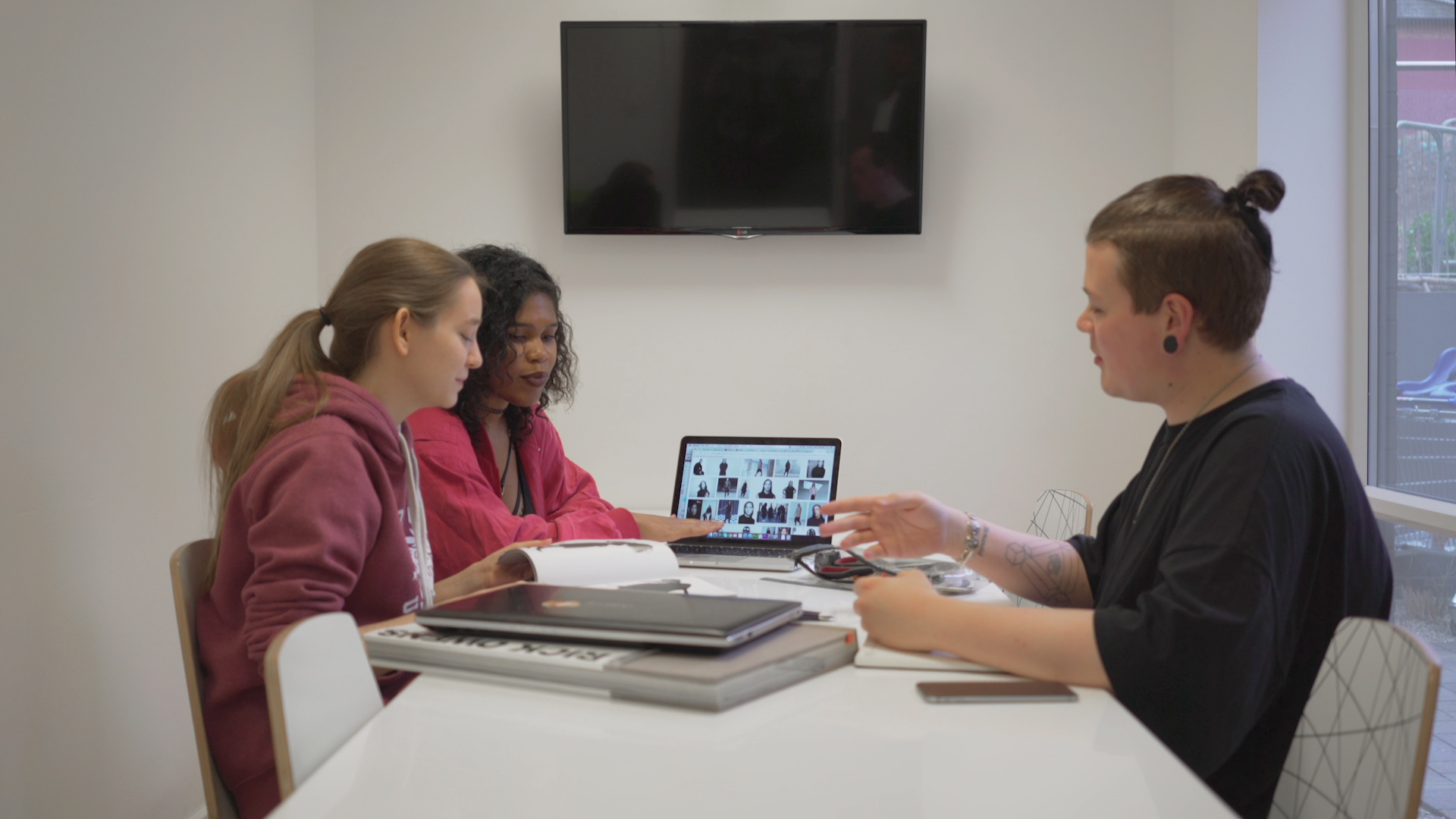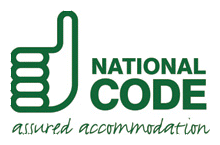As we are leading into exam season, we wanted to put together a series of tips to help you get the most out of your revision. Take a look at our top 12 tips below, if you find them useful, feel free to share them with a friend.
- Start early
Starting your revision early each day is beneficial as your brain is fresher, making it easier to work. Not starting until later in the afternoon means you’re likely to be up later and trying to revise whilst tired.
Effective revision is not something that can be rushed so start well in advance of the exam date. This will lessen the stress of last minute cramming and all-nighters in the library.
- Decide what you’re going to revise
Look over your syllabus and decide how you’re going to approach your revision. For instance, with essay based exams you don’t need to cover the entire syllabus as it is more effective to learn some of the content in greater detail. In contrast, short answer-based exams will require a broader, yet less detailed, understanding of the syllabus.
- Make a plan
Once you know what you will be revising, you can make a revision timetable. Make this detailed, including any relevant papers or notes you need to look over. Block out time for socialising, exercising, and any other breaks or plans you might have. Stick to this as best as you can and avoid the temptation to jump straight into your revision without one.
Whilst you might think that making a plan is time consuming, in the long run it will save you time as you won’t be having to decide what to revise on a day-to-day basis and you are able to get the most out of the time you have available and have the ability to factor in more enjoyable things.
If you do miss a scheduled study session maybe try working for an hour longer another day.
- Don’t procrastinate
Although easier said than done, resist the urge to check social media and generally put off revision, as this will only draw the process out.
- Find a method that works for you
There are various revision techniques including flash cards, past papers, mind maps, group work and recording yourself talking and playing it back.
Use your notes, as well as revision guides and practice papers. By using a variety of resources any gaps in your knowledge will be quickly highlighted, hopefully meaning you won’t turn over the exam paper and find a question you don’t know.
There is an element of trial and error to finding what works for you, and bear in mind that what works well for one exam may not be the best method for another. This is all the more reason to start early, as you need to take time to find out how you revise best.
- Find the right environment to revise in
…And claim it as your own! Whether it be your flat, study room or the library, having a space which is conducive to revising makes an enormous difference.
Along with this, avoid revising in bed, because I assure you, the temptation to nap will be too strong.
- Eat healthily
Whilst revising, it can be easy to end up in the library all day surviving off excessive amounts of coffee and junk food. You may feel like doing this instead of spending time cooking proper meals. This may be more time efficient, but it does not amount to more productive revision. Eating a healthy, balanced diet will give your body the nutrients it needs to perform effectively while revising and taking exams and leave you feeling more energetic and focused.
- Regular exercise
Exercise gets the blood flowing, this means more oxygen will reach the brain and help it to function better, not only this but it will give you good respite from revision.
- Take breaks
Effective revision does not mean constant revision. If you start to lose focus, take a break and do something completely different. It is better to do five, one hour-long stints broken up, than revising solidly for seven or eight hours.
Taking breaks during revision gives the brain a higher chance of remembering what you’ve crammed into it.
- Get a good night’s sleep
You wouldn’t expect a car to run on no petrol, so don’t expect the same for your body. This is especially important the night before an exam, but applies to the entire revision period. Getting to sleep at a reasonable time means you will wake up earlier and be able to fit in more revision during the day time. Sometimes, revising later is unavoidable, but try keep these instances to a minimum. As with a healthy diet, giving your body what it needs means your hard work won’t be wasted.
- Stay calm and positive
Perhaps the most important thing to remember throughout the whole revision process is to stay calm and positive. If you have a bad day, try to not let it affect how you revise the next day.
- And finally… don’t be a slave to revision
Chaining yourself to your desk for 6 weeks prior to the exams won’t guarantee you the best grade. Revise hard, but also revise effectively so that you can still have time for the more pleasant things in life.
There is no perfect formula for exam success and you may not find all of our tips to be right for you. The key is to work out how you revise most effectively and stick to that as best you can. Ultimately, when it comes to revision, you get out of it what you put in!



